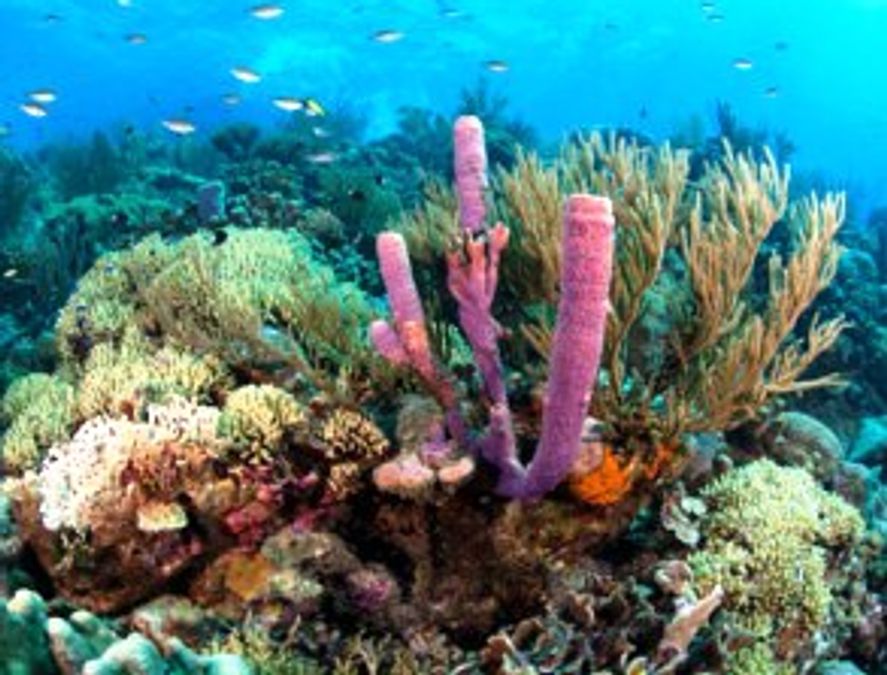Impact of oil spills on marine life can be lessened with use of technology
How Oil Spills Harm Our Oceans and What We Can Do About It

How Oil Spills Harm Our Oceans and What We Can Do About It
Oil spills are one of the biggest threats to our oceans and the animals that live there. Recent spills from Russian tankers in the Kerch Strait near the Black Sea have once again shown us how dangerous these accidents can be. When oil leaks into the ocean, it creates a lot of problems for marine life, coastal areas, and even the economy. This article explains what causes oil spills, their harmful effects, and how we can prevent them.
What Causes Oil Spills?
Oil spills happen for many reasons. Sometimes they occur when ships are refueled. Other times, bigger accidents like a broken pipeline, a sinking tanker, or a drilling error can cause large amounts of oil to leak.
When a tanker is damaged, oil spreads on the ocean’s surface. This hurts fish and shellfish that live in the water. If the oil reaches the shore, it destroys habitats for birds, animals, and plants that live along the coast.
Consortium Studies Biomethane Production from Dairy Waste to Cut Shipping Emissions
Why Are Oil Spills So Dangerous?
Oil is toxic to marine animals. Fish, birds, and mammals suffer when they come into contact with it. Coral reefs, which are home to many marine species, can be damaged for years after an oil spill.
Cleaning up oil spills is very expensive and complicated. Workers need special equipment to remove oil from the water and the coastline. These efforts take time and cost a lot of money.
How Can We Prevent Oil Spills?
Preventing oil spills requires teamwork. Governments and oil companies must work together to create strict rules and safety checks. Regular inspections of pipelines and ships can reduce risks.
Here are some steps we can take:
- Regular Maintenance: Ensuring that tankers, pipelines, and drilling equipment are in good condition.
- Education: Teaching people about the dangers of oil spills and encouraging them to report leaks immediately.
- Preparedness: Having a clear plan for responding to small and large spills.
The Role of Technology
Technology is a powerful tool in fighting oil spills. Drones and satellites can track spills in real time. This helps cleanup teams know where the oil is and how to remove it quickly.
After a spill, scientists work to restore damaged areas. They reintroduce affected animals, repair coral reefs, and stabilize coastlines to prevent erosion.
